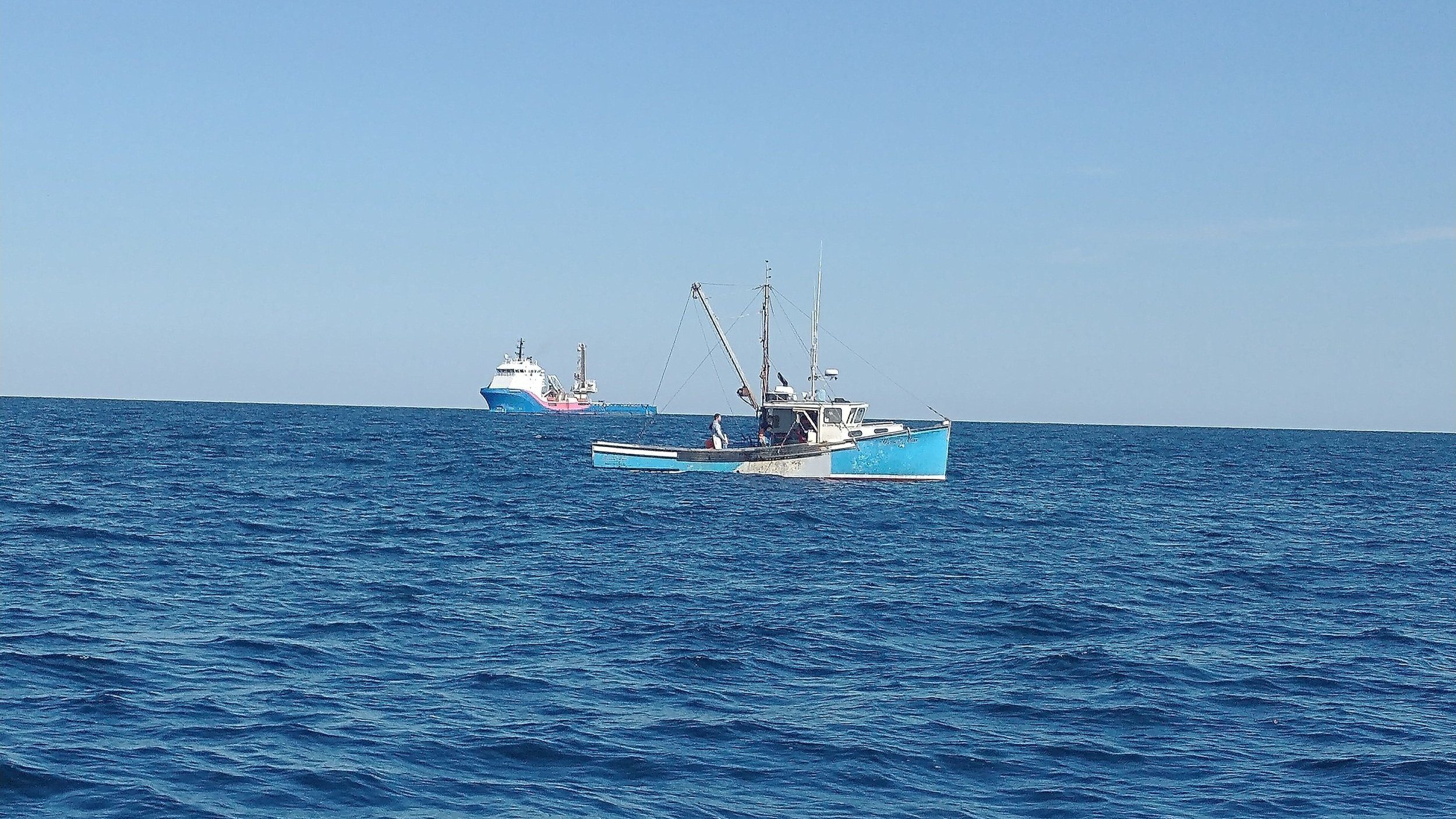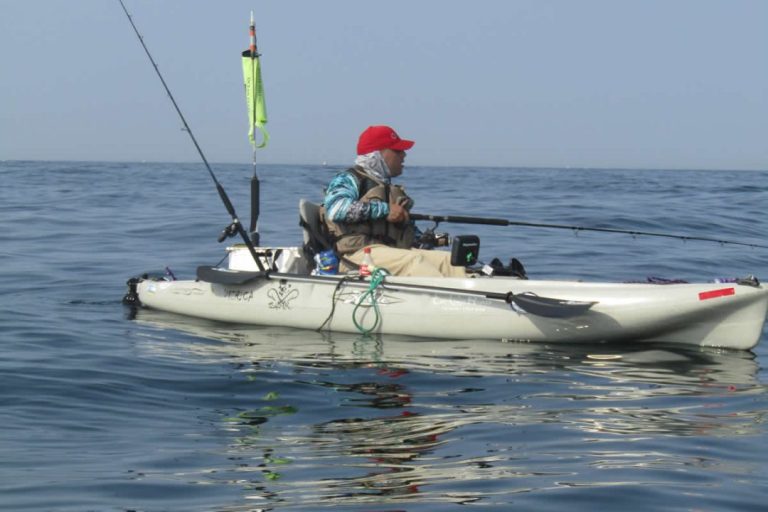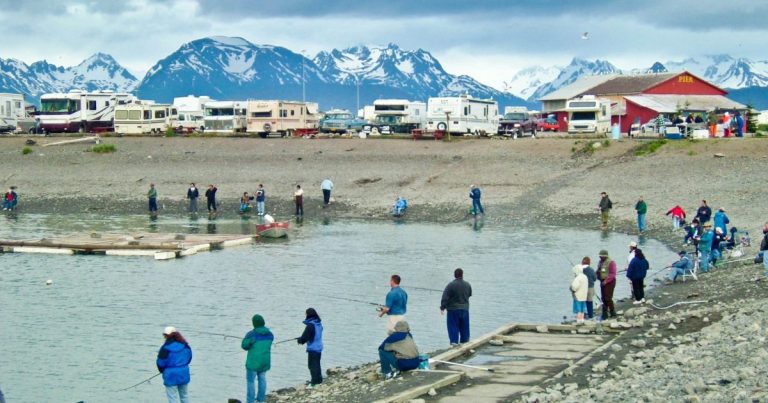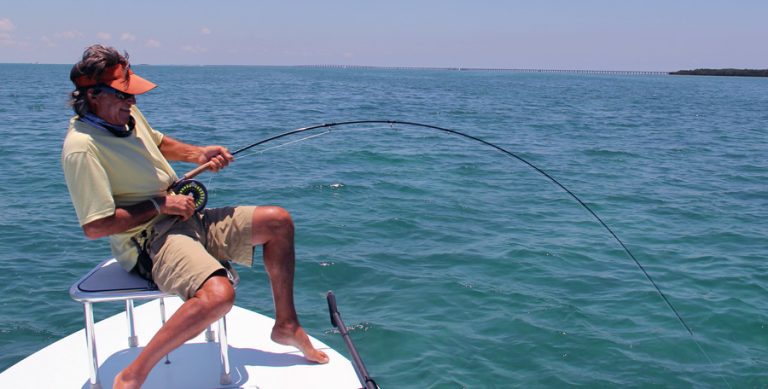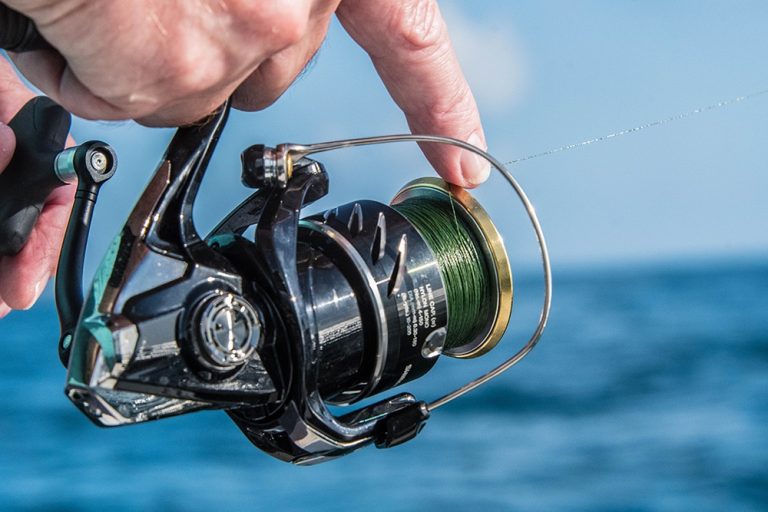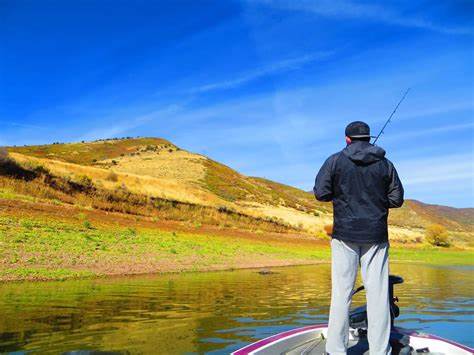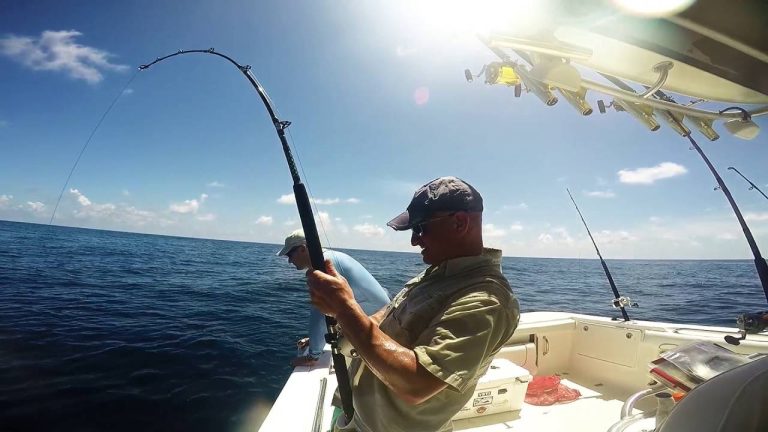Spring heralds the arrival of trout season across America, but navigating the complex web of state-specific licensing requirements can challenge even experienced anglers. This comprehensive guide breaks down the special license requirements for trout fishing during spring seasons nationwide, focusing on the permits, stamps, and seasonal restrictions that vary dramatically by state.
Understanding Trout-Specific Licenses and Stamps
Most states require anglers to purchase both a standard fishing license and a trout-specific permit or stamp before targeting these prized game fish. According to the American Sportfishing Association, 38 states currently mandate supplemental trout permits beyond the basic fishing license.
Why the additional requirements? Trout fishing management is resource-intensive, with state agencies investing significantly in:
- Hatchery operations and stocking programs
- Habitat conservation for wild trout populations
- Enforcement of special regulations
- Research and population monitoring
These trout stamps and permits directly fund conservation efforts that ensure sustainable trout populations for future generations. The revenue generated from trout-specific licenses is typically allocated to dedicated fisheries management programs rather than general funds.
Types of Trout Licenses and Permits
Trout licenses typically fall into several categories:
- Trout stamps/validations: Additional endorsements attached to standard fishing licenses
- Special area permits: Required for designated trout waters (often stocked areas)
- Catch-and-release permits: Special licenses for early season fishing with mandatory release
- Boundary water permits: Special considerations for waters bordering multiple states
State-by-State Trout License Requirements
Northeast Region
Pennsylvania
Pennsylvania implements one of the most structured trout licensing systems in the country, requiring a Trout/Salmon Permit in addition to the standard fishing license for anyone targeting trout or salmon.
Pennsylvania Trout License Requirements:
- Basic resident fishing license: $22.50
- Trout/Salmon Permit: $10.50 (required for anyone 16 or older)
- Lake Erie Permit: $9.50 (required for Lake Erie and tributaries)
Pennsylvania’s regular trout season typically opens statewide on the first Saturday in April, though Mentored Youth Trout Days occur earlier, allowing young anglers special access before the main season begins.
Senior Exemptions: Pennsylvania residents age 65 and older qualify for reduced-fee licenses but still need to purchase a trout permit at the standard rate.
For complete details on Pennsylvania’s trout regulations, visit the Pennsylvania Fish and Boat Commission.
“Pennsylvania’s trout stocking program is among the nation’s largest, with over 3.2 million trout stocked annually across more than 720 streams and 120 lakes.” – PA Fish and Boat Commission
New Jersey
New Jersey requires a Trout Stamp for fishing in any waters stocked with trout.
New Jersey Trout License Requirements:
- Resident fishing license: $22.50
- Trout Stamp: $10.50
- Non-resident options: 1-day, 7-day, or annual licenses available
New Jersey’s trout season officially begins on April 11, 2025, at 8:00 AM, though catch-and-release fishing is permitted during a pre-season period from March 23 until April 11 in most stocked waters. During this pre-season window, all trout caught must be immediately released.
For detailed regulations, visit the New Jersey Division of Fish & Wildlife.
You can purchase a New Jersey fishing license and trout stamp online through US Fishing Licenses.
New York
New York has recently simplified its trout regulations but still maintains specific requirements for designated trout streams and lakes.
New York Trout License Requirements:
- Resident fishing license: $25
- No separate trout stamp required
- Special regulations apply to Great Lakes tributaries
New York’s regular trout season opens on April 1 and continues through October 15, though specific catch limits and size requirements vary by water body and region. The state divides trout streams into distinct management categories with varying regulations.
Learn more about New York’s trout management at the New York DEC website.
Southeast Region
Virginia
Virginia maintains a multi-tiered approach to trout licensing with different permits required based on the water body and stocking status.
Virginia Trout License Requirements:
- Basic freshwater fishing license: $23 (resident)
- Trout license options:
- Designated Stocked Trout Waters License: $23
- National Forest Stamp: $16 (required when fishing in National Forest waters)
Virginia’s trout licenses are valid from October 1 through June 15 of the following year, a notable difference from many other states. The Commonwealth stocks approximately 1 million catchable trout annually across more than 180 waters.
Special accommodations include free fishing licenses for blind anglers and reduced fees for disabled veterans. For more information, visit the Virginia Department of Wildlife Resources.
Tennessee
Tennessee offers excellent trout fishing opportunities, particularly in the eastern part of the state, and requires a supplemental stamp for trout anglers.
Tennessee Trout License Requirements:
| License Type | Resident | Non-Resident |
|---|---|---|
| Annual Fishing | $34 | $76 |
| Trout Stamp | $19 | $19 |
| 1-Day All Species | $8 | $14 |
Tennessee’s trout stocking schedule is particularly robust during spring, with weekly stockings in many waters from March through May. The state also manages several year-round fisheries, including tailwaters below dams.
Tennessee offers license exemptions for disabled veterans and children under age 16. For more information on Tennessee’s trout program, visit the Tennessee Wildlife Resources Agency.
For Tennessee fishing license purchases, visit US Fishing Licenses’ Tennessee page.
Midwest Region
Michigan
Michigan offers world-class trout fishing across its numerous cold-water streams and requires all anglers targeting trout and salmon to have:
Michigan Trout License Requirements:
- Base fishing license: $26 (resident)
- All-species license (includes trout/salmon): $40 (resident)
- No separate trout stamp required if purchasing the all-species option
Michigan’s trout season typically opens the last Saturday in April on Type 1 and 2 streams, though select waters have different regulations. The state maintains a diverse trout program with brook, brown, and rainbow trout.
For specific information on Michigan’s designated trout streams, visit the Michigan DNR website.
For Michigan fishing license information, see US Fishing Licenses’ Michigan guide.
Wisconsin
Wisconsin features exceptional trout opportunities, particularly in its famous Driftless Region, and requires:
Wisconsin Trout License Requirements:
- General fishing license: $20 (resident)
- Inland trout stamp: $10
- Great Lakes salmon and trout stamp: $10 (if fishing Lake Michigan or Superior)
Wisconsin’s general inland trout season begins on the first Saturday in May and extends through October 15. However, an early catch-and-release season starts January 5 and runs until the Friday before the regular opener.
For more details on Wisconsin’s trout regulations, visit the Wisconsin DNR.
Western Region
Colorado
Colorado’s gold medal trout waters attract anglers from across the country. License requirements include:
Colorado Trout License Requirements:
- Standard fishing license (includes trout): $36.71 (resident)
- Additional Habitat Stamp: $10.59 (required for anglers 18-64)
- No separate trout stamp required
Colorado’s regular fishing license covers trout fishing, with seasons generally open year-round in most waters. However, specific catch limits and artificial lure/fly restrictions apply to many premium trout waters.
For complete Colorado fishing regulations, visit Colorado Parks and Wildlife.
Montana
Montana’s legendary trout rivers require:
Montana Trout License Requirements:
- Conservation license (prerequisite): $10 (resident)
- Fishing license: $21 (resident)
- No separate trout stamp required
Montana’s general fishing season for rivers and streams runs from the third Saturday in May through November 30, though many rivers allow year-round fishing with specific regulations.
For detailed Montana fishing regulations, visit Montana Fish, Wildlife & Parks.
Special Considerations for Trout Anglers
Age Exemptions and Special Licenses
Most states offer exemptions or discounted rates for certain age groups:
- Youth exemptions: Generally, anglers under 16 years of age are exempt from fishing license requirements in most states, though some states may still require them to obtain free permits.
- Senior discounts: Many states offer reduced-fee licenses for seniors, typically for those aged 65 and older. For example:
- Pennsylvania: Reduced fees for anglers 65+
- New Jersey: Free fishing licenses for residents 70+
- Virginia: Reduced fees for residents 65+
- Military/Veterans: Most states offer free or reduced-cost licenses for active military personnel, disabled veterans, and sometimes for all veterans.
Boundary Waters and Reciprocal Agreements
Several states maintain reciprocal fishing license agreements for shared boundary waters. Notable examples include:
- Tennessee/North Carolina: Special regulations apply for boundary waters like Slickrock Creek where licenses from either state may be honored.
- Pennsylvania/New York: Enhanced reciprocal agreements for Lake Erie and sections of the Delaware River.
You can find more information about reciprocal agreements at US Fishing Licenses’ reciprocal license page.
How to Purchase Trout Licenses
Most states offer multiple purchasing options:
- Online: Almost all states allow online license purchases through official DNR/wildlife agency websites.
- Mobile apps: Many states have developed mobile applications that allow license purchases and digital storage of licenses.
- Retail vendors: Traditional license vendors include sporting goods stores, bait shops, and some convenience stores.
- By phone: Many states maintain toll-free numbers for license purchases.
- Third-party websites: Services like US Fishing Licenses offer convenient guides to purchasing licenses in each state.
Penalties for Non-Compliance
Fishing without proper trout licenses or permits can result in significant penalties:
- Pennsylvania: Fishing without a trout permit carries a fine of $101.50 plus court costs.
- Virginia: Fishing without proper licenses may result in fines starting at $100.
- New Jersey: Violating trout regulations can lead to fines up to $500 and loss of fishing privileges.
Conservation officers actively patrol popular trout fishing areas, particularly during opening days and weekends of spring trout season.
FAQ
Do I need a trout stamp if I practice catch-and-release?
Yes. If you’re targeting trout, even if you intend to release all fish caught, you still need the appropriate trout stamp or permit in states that require them.
Can I fish for other species in trout-stocked waters without a trout stamp?
This varies by state. Some states allow fishing for non-trout species in designated trout waters without a trout stamp, while others require the stamp regardless of target species if fishing in designated trout waters.
Do seniors need trout stamps?
In most states, yes. While seniors may qualify for discounted fishing licenses, trout stamps are typically still required unless specifically exempted.
Is a trout stamp required for children who are otherwise exempt from fishing license requirements?
Generally, no. In most states, youth who are exempt from fishing license requirements are also exempt from trout stamp requirements, but verify with your specific state regulations.
Conclusion
Navigating the varied trout licensing requirements across states requires careful attention to detail, but the reward—access to some of North America’s most beautiful fisheries—is well worth the effort. As regulations change frequently, always check the current requirements through your state’s fish and wildlife agency before heading out for spring trout season.
Remember that your license and stamp purchases directly support conservation efforts that maintain healthy trout populations and enhance fishing opportunities for current and future generations of anglers.
For the most updated information on fishing licenses in all states, visit US Fishing Licenses.



